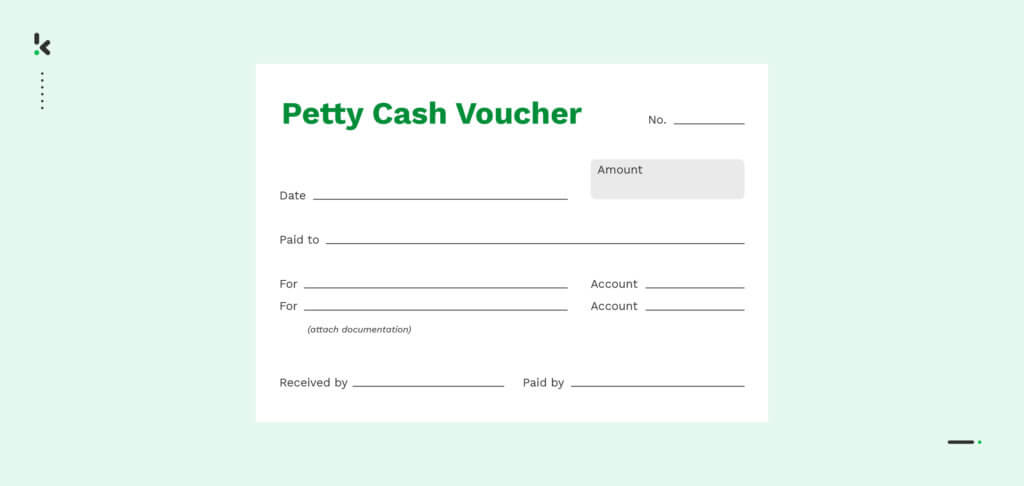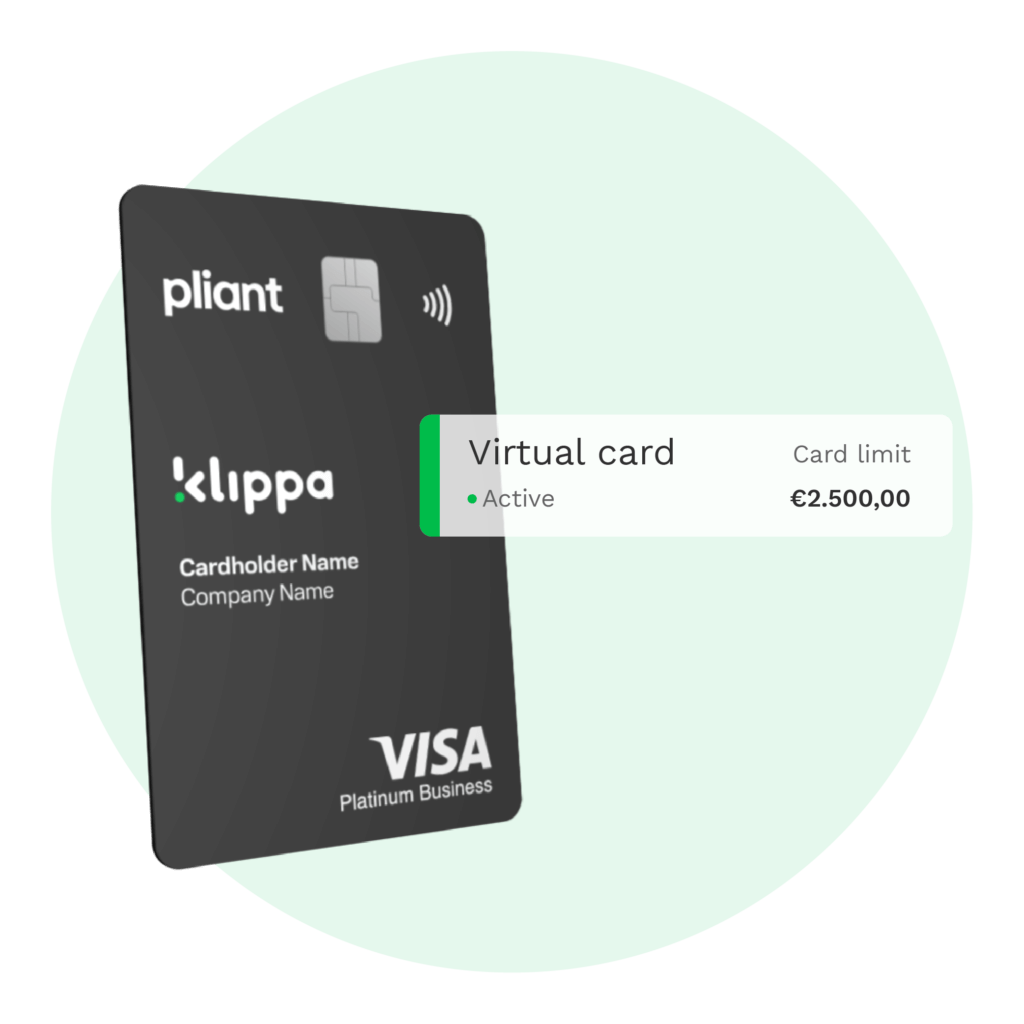

Imagine you’re in the middle of a busy day at work and suddenly you come across a small but urgent need – missing office supplies, an unexpected client meeting where refreshments are needed, or perhaps a small repair. It’s too trivial to place formal orders, but too important to ignore. This is where petty cash, the unsung hero of everyday business, comes in and saves the day.
This fund ensures smooth operations by covering minor financial needs quickly and without cumbersome formalities. However, careful management is crucial to maintain transparency and integrity in financial accounting.
In this blog, we look at the basics of petty cash management, its importance and convenience, and finally introduce a modern alternative to petty cash.
What is Petty Cash?
Petty cash is a small amount of money businesses have available for paying minor or incidental expenses without writing a check. Petty cash refers to easily accessible money for immediate business needs, such as office supplies, and is typically kept in coins and banknotes in a locked drawer or box.
A petty cash fund undergoes periodic reconciliations, and transactions are recorded on financial statements. In larger corporations, individual departments may maintain their own petty cash funds.
Petty Cash Expenses
Some typical examples of petty cash expenses include office supplies, parking fees, and small expenses related to employees’ birthdays or anniversaries. By implementing a petty cash system, businesses can easily manage small expenses without burdening employees to pay upfront or finance these costs themselves. Efficient management of petty cash transactions also enhances financial accountability, enabling businesses to maintain a clear and accurate record of their expenses.
Types of Petty Cash & Petty Cash Systems
Petty cash is a versatile tool used by businesses to manage a variety of expenses quickly. There are several types of petty cash systems, each designed to address specific needs:
- Regular Petty Cash: This type of petty cash is used to cover a wide range of occasional expenses incurred in daily business operations. It offers flexibility to handle various small expenses without the need for formal applications or approvals.
- Imprest Petty Cash: In the imprest system, a fixed, predetermined amount of cash is kept for a certain period, which normally does not fluctuate. When the cash runs out, it’s restocked to the original amount. This ensures consistent management of small expenses.
- Emergency Petty Cash: Emergency cash funds are provided for unforeseen or urgent situations. These funds can be used to cover various critical needs, such as running out of essential supplies or making payments to suppliers whose checks have been returned for insufficient funds.
- Discretionary Petty Cash: Discretionary petty cash is used for expenses that require prior approval from managers or business owners. This type of petty cash system provides additional control as funds are only disbursed for approved expenses, ensuring transparency and accountability.
How to Manage & Record Petty Cash
To efficiently manage petty cash expenses, it’s essential to incorporate various components, including:
Maintaining a Comprehensive Petty Cash Book
To ensure accurate tracking of petty cash expenses, it is important to keep all receipts for petty cash expenses. These receipts, kept in a dedicated petty cash book, serve as indisputable proof of purchase and pave the way for transparent financial documentation. Such diligence supports both internal oversight and external requirements, including audits and tax preparation.
Assigning a Petty Cash Custodian
The role of a petty cash custodian is indispensable in safeguarding the fund’s integrity. Entrusted with disbursing funds, collecting receipts, and upkeeping the petty cash ledger, this individual embodies the frontline of accountability. Their efforts guarantee transactions are both controlled and systematically recorded.
Establishing a Clear Petty Cash Policy
A well-defined petty cash policy is the cornerstone of effective fund management. This document should set out the do’s and don’ts, allowable spending, transaction limits, and reconciliation intervals. By thoroughly informing employees about these guidelines, companies can ensure consistent compliance, financial consistency and a smooth petty cash reconciliation process by the end of each month.
Enhancing Petty Cash Vouchers with Detailed Information
Receipts should contain detailed information on each expense – from the reason and date of the expense to the identity of the parties involved. Such comprehensive information not only makes it easier to track expenses but also helps to investigate spending patterns. Ultimately, this review can lead to the discovery of potential savings and the optimization of operating costs.
A Modern Alternative to Petty Cash
Managing a petty cash book and adhering to the discussed rules requires considerable time and effort. Human errors in expense tracking are common and can lead to incorrect accounting. Luckily, there’s a modern alternative that helps you take care of tracking all your expenses.
Klippa’s expense management solution SpendControl can effortlessly replace manual petty cash tracking. This solution provides a fully automated and digital approach for submitting, approving, and handling expenses via its web and mobile app. Additionally, it incorporates state-of-the-art OCR technology, eliminating manual data entry, reducing errors, and significantly enhancing employee efficiency.
Say goodbye to out-of-pocket expenses for good with Klippa’s Petty Cash Cards, allowing employees to use a corporate card for business expenses without having to pay upfront. All payments made by Klippa Cards are automatically registered and sent to the right approver, making processes simpler and more efficient.
With the Klippa Petty Cash Card, you can set custom spending limits, giving you complete control over your corporate expenses. It’s user-friendly and takes away the hassle of managing out-of-pocket expenses.


Do you want to quit the complicated procedures of the old petty cash book and embrace seamless automation? Then schedule a free demo to see our solution in action, or contact our SpendControl experts for more information.